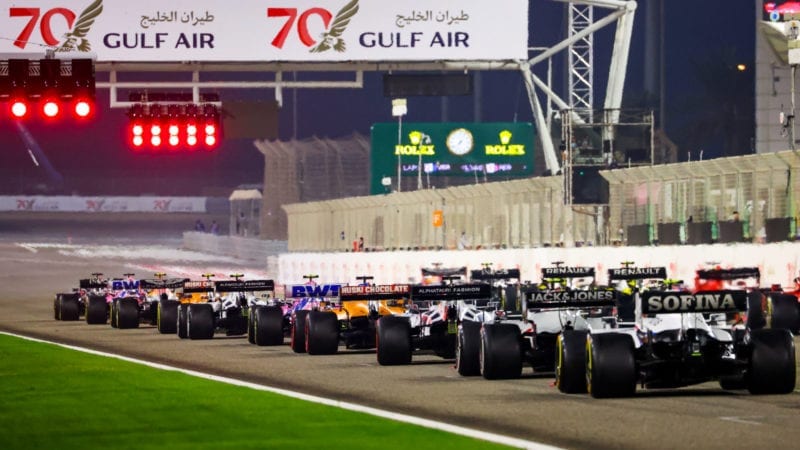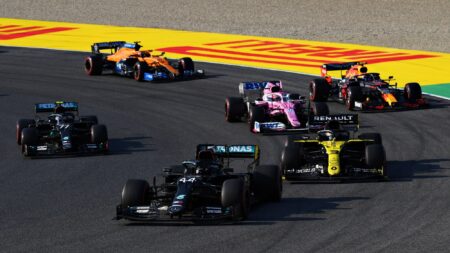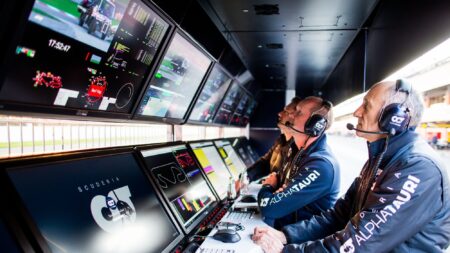You don’t have to go too far back to the last time F1 trialled a new format to excite the fans. The elimination qualifying format of 2016 was ill-conceived from the start and ultimately fell flat on arrival.
Sprint races on the other hand have long been a part of the F1 support series show. F2 and F3 has regularly put on exciting showings and the course of a championship has never been defined by a reverse-grid sprint event. It has provided a chance for the more unfamiliar names to get their moment in the spotlight though.
The Liberty Media-owened FOM has been seeking ways of extending the racing offered over a weekend and, as far as racing DNA goes, a sprint race is hardly the most offensive suggestion that has been conjured up in recent years.
Some proposals, such as track sprinklers and success ballast, arguably take away the integrity of a championship. Countless fan surveys and F1 questionnaires have resulted in negative feedback on the topic of such concepts.
F1 managing director of motor sport Ross Brawn has been outspoken in his desire to stay away from such gimmicks in the past. He has acknowledged DRS will eventually go once the series has reached a point wheel-to-wheel racing is much closer than it currently is.
But it’s not clear whether the sprint race would increase competitiveness or simply be a novelty to make race weekends different.
If there is to be a shake-up to the format of a Formula 1 weekend, a sprint event on Saturday might be the ‘cleanest’ way of doing so. On paper, at least, the integrity of the formula will be maintained: the top teams will surely still hold the advantage based upon their true pace while midfield teams are handed an extra opportunity to gain points over a weekend.
Does the change provide the chance of a strategic car set-up play as a team focuses on earning the best grid slot for the main race? It’s unlikely. But there is room to manoeuvre if Liberty wants to tweak the changes.



